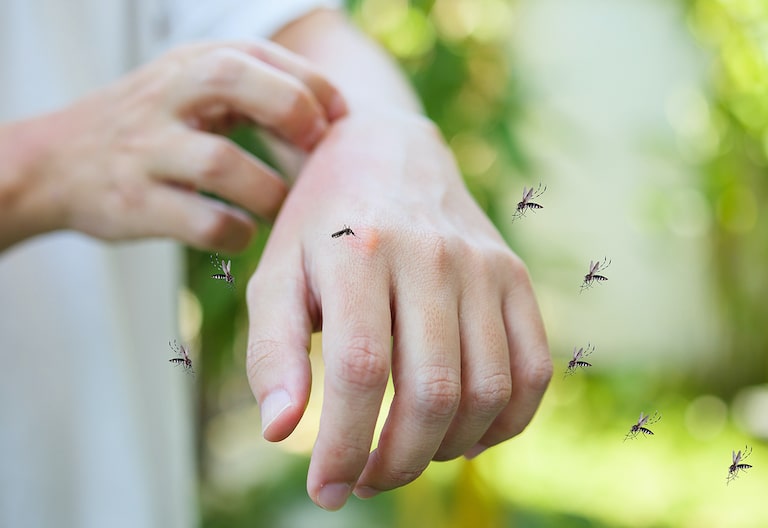A team of scientists has proposed a revolutionary method to combat malaria by treating mosquitoes themselves with anti-malarial drugs, rather than relying solely on insecticides to kill the insects.
This new approach, developed by researchers at Harvard University and partners, aims to break the cycle of malaria transmission by targeting the parasite inside the mosquito, offering fresh hope in the global fight against a disease that claims nearly 600,000 lives every year, most of them children.
Traditionally, malaria prevention has focused on killing mosquitoes using insecticide-treated bed nets and indoor spraying. These methods have saved millions of lives, especially in countries like India where malaria remains a persistent public health threat. However, the effectiveness of insecticides is waning as mosquitoes develop resistance, making it harder to control the disease.
Administering Anti-Malarial drugs to Mosquitos
The new strategy involves coating bed nets with a combination of anti-malarial drugs. When mosquitoes land on these nets, the drugs are absorbed through their legs. Instead of killing the mosquito, the drugs specifically target and kill the malaria parasite inside the insect. This means that even if a mosquito survives after coming into contact with the net, it will no longer be able to transmit malaria to humans.
Researchers identified two potent drugs out of a library of candidates that, when tested in laboratory settings, completely eliminated the malaria parasite from mosquitoes. These drugs were effective even against mosquitoes and parasites that have developed resistance to traditional insecticides and frontline malaria treatments.
One of the key advantages of this method is that the malaria parasite is less likely to develop resistance to the drugs when inside the mosquito, as there are far fewer parasites in each insect compared to the billions found in an infected human. The scientists also found that the effect of the drugs could last up to a year when applied to bed nets, making this a potentially cost-effective and long-lasting solution.
This breakthrough has so far been demonstrated in laboratory studies. The next step is to test the drug-treated bed nets in real-world conditions, starting with field trials in Ethiopia. If successful, this approach could be combined with existing insecticides to create a dual-action bed net, ensuring that if one method fails, the other can still provide protection.
Experts believe that this innovation could be a game-changer for malaria control, especially in regions where resistance to current prevention tools is rising. By focusing on the parasite within the mosquito, the strategy sidesteps many of the challenges posed by resistance and could significantly reduce malaria transmission rates.
While it will take several years of further study and field testing before this method can be widely adopted, scientists and public health officials are optimistic. As Dr. Flaminia Catteruccia, one of the lead researchers, noted, “Malaria control desperately needs innovation… this is a momentous step forward in the development of a new mosquito-targeted malaria control strategy, which could lead to a new generation of effective antimalarial bed nets”.


